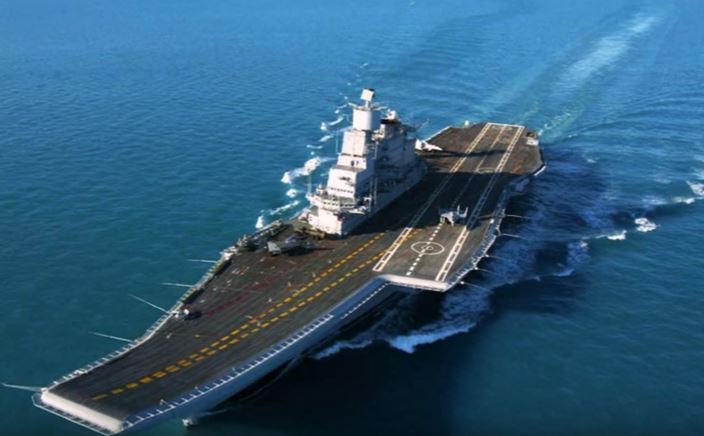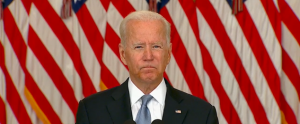
Global Times: The deployment of the US aircraft carrier USS Carl Vinson to the South China Sea on Saturday is a military threat to China, experts said, adding although US President Donald Trump’s policy remain unclear, there’s a strong possibility that he could increase interference in the area.
The US Navy said in a statement Saturday that the force, including the Nimitz-class aircraft carrier, began “routine operations” in the South China Sea on Saturday, Reuters reported.
This is the first time the US has conducted disputed patrols in the South China Sea after Trump took office in January. Despite China’s opposition, the US began several “freedom of navigation operations” in the area in 2016, with its USS Decatur conducting operations near Triton and Woody Islands in the Xisha Island chain off the coast of Vietnam in the South China Sea in October 2016.
At a news conference Wednesday, China’s foreign ministry said it heard about the planned deployment days before it happened, and warned Washington against challenging its sovereignty.
“China respects and upholds the freedom of navigation and overflight in the South China Sea, which countries enjoy under international law, but firmly opposes any country’s attempt to undermine China’s sovereignty and security in the name of the freedom of navigation and overflight,” China’s foreign ministry spokesperson Geng Shuang said.
Flexing its muscles
Military activities conducted by the US in the South China Sea under the Obama administration were aimed at denying China’s right to construct man-made islands, and deploying its powerful carrier to the waters is meant to exert military pressure, Shi Yinhong, director of the Center for American Studies at the Renmin University of China, told the Global Times.
Shi said that the US Navy’s moves on Saturday served as a military deterrent to China.
By sending the high-speed, nuclear-powered aircraft carrier to the South China Sea, the US is also showing off its power to its allies in the East Asian region as well as to challenge China’s sovereignty and maritime interests, Li Jie, a Beijing-based naval expert, told the Global Times on Sunday.
The strike group’s commander, Rear Admiral James Kilby, was quoted by the Navy News Service as saying that weeks of training in the Pacific had improved the group’s “effectiveness and readiness,” and “we are looking forward to demonstrating those capabilities while building upon existing strong relationships with our allies, partners and friends in the Indo-Asia-Pacific region.”
Compared with his predecessor, Trump may increase interference in the South China Sea and China should prepare diplomatically and militarily, Li said.
Three Chinese warships on Friday wrapped up a week of scheduled training exercises in the South China Sea. The flotilla, including a guided missile destroyer, had been conducting drills since last Friday and was sailing toward the Indian Ocean and the Western Pacific, the official Xinhua News Agency said.
The training included sudden attack drills and was successfully carried out under poor sea conditions, Xinhua said.
The drills were “without a script” and “as close as possible to real combat,” military affairs expert Yin Zhuo was quoted by China Central Television on Friday as saying, adding that regular exercises by the Chinese navy in the high seas were an “unchangeable trend.”
Impact on bilateral ties
“Although Trump has yet to announce a clear policy on the South China Sea, the US Department of Defense and the White House said the US would never give up its military presence in the South China Sea,” Shi said.
China has always exercised self-restraint when faced with provocation, and this will not change for now especially when tensions in the area have subsided, Shi said.
Shi added that it’s unlikely that the Trump administration would withdraw from Asia since it’s crucial to global US strategy.
Aside from normalizing its “freedom of navigation” operations in the waters, the carrier may also join the forthcoming joint military drills between the US and South Korea, Ni Feng, vice director of the Institute of American Studies at the Chinese Academy of Social Sciences, told the Global Times.
Ni said the impact of Saturday’s patrol on bilateral ties remains to been seen following the strain to relations caused by Trump’s moves on the Taiwan question.
Trump may have learned his lesson from earlier attempts to use the one-China policy as a bargaining chip, but he may also damage bilateral ties by committing to the policy while improving military cooperation with Taiwan, Shi said.




